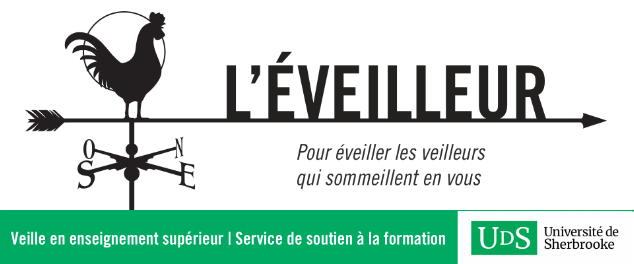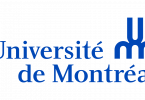L’American Council of Education a annoncé le 14 novembre dernier une initiative financée par la Bill and Melinda Gates Foundation, dont les principaux éléments sont…
« 1. Creation of a Presidential Innovation Lab that will bring together presidents and chancellors from diverse institutions to engage in conversations about potential new academic and financial models inspired by the disruptive potential of MOOCs that can help address attainment gaps.
2. Evaluation of select Coursera courses for college credit by the ACE College Credit Recommendation Service (ACE CREDIT).
3. Examination of effective approaches, pedagogies and practices that lead to student success, as well as the applicability of college credit recommendations for MOOCs to college degree completion programs. » (communiqué de presse cité dans Cummings, 2012)
« [ACE announced] it will work with Coursera to determine whether as many as 8-10 MOOCs should be worth credit. The council is also working on a similar arrangement with EdX, a MOOC-provider created by elite universities. » À la suite de l’évaluation par ACE Credit,
« qualified nontraditional education becomes eligible to count toward traditional degree programs. Through the ACE CREDIT Registry and Transcript System, adult learners who have successfully completed courses or exams with valid ACE CREDIT recommendations can obtain official transcripts for documentation. »
L’opération d’évaluation devrait prendre plusieurs mois (selon Cummings), mais l’enjeu est clairement le marché de la formation aux adultes actuellement en expansion aux États-Unis. Indépendamment des résultats de l’évaluation et des recommandations de l’ACE, les institutions auront toujours le choix de reconnaître ou non ces cours.
Cette nouvelle suscite bien sûr des questions quant à l’influence grandissante de la Fondation Gates sur le système d’éducation américain et l’impact que pourrait avoir les MOOC sur les frais de scolarité et l’accessibilité aux études supérieures américaines. Cependant, Tony Bates rappelle bien que la question n’est pas tant la rigueur et la qualité des contenus de cours (qu’évaluera ACE et qui, selon toutes attentes, devraient être de bon niveau compte tenu du calibre des institutions mères), mais bien la qualité des expériences vécues par les apprenants… Et celles offertes par les MOOC restent problématiques. Fain (2012) résume :
« Not everybody is thrilled about MOOCs, however. Some faculty members fear that colleges might rush to use the courses without attention to academic quality or before much is known about how well they work. And automated testing and peer grading remain unproven substitutes for professors, who may also worry about MOOCs being a way for technocrats to cut faculty jobs.
[…]An even bigger backlash could come from colleges who may see their business models threatened if the issuing of credits for the courses becomes viable. If that happens, MOOC providers might take money out of the pockets of some open-access colleges whose students seek credit for courses they take elsewhere. »
Sources :
Bates, Tony, « Plan to assess credit value of MOOCs », Online Learning and Distance Education Resources, 14 novembre 2012.
Cummings, Jarret, « ACE MOOC Effort to Include Possible Credit Recommendation », EDUCAUSE, 14 novembre 2012.
Fain, Paul, « Establishment Opens Door for MOOCs », Inside Higher Ed, 14 novembre 2012.





